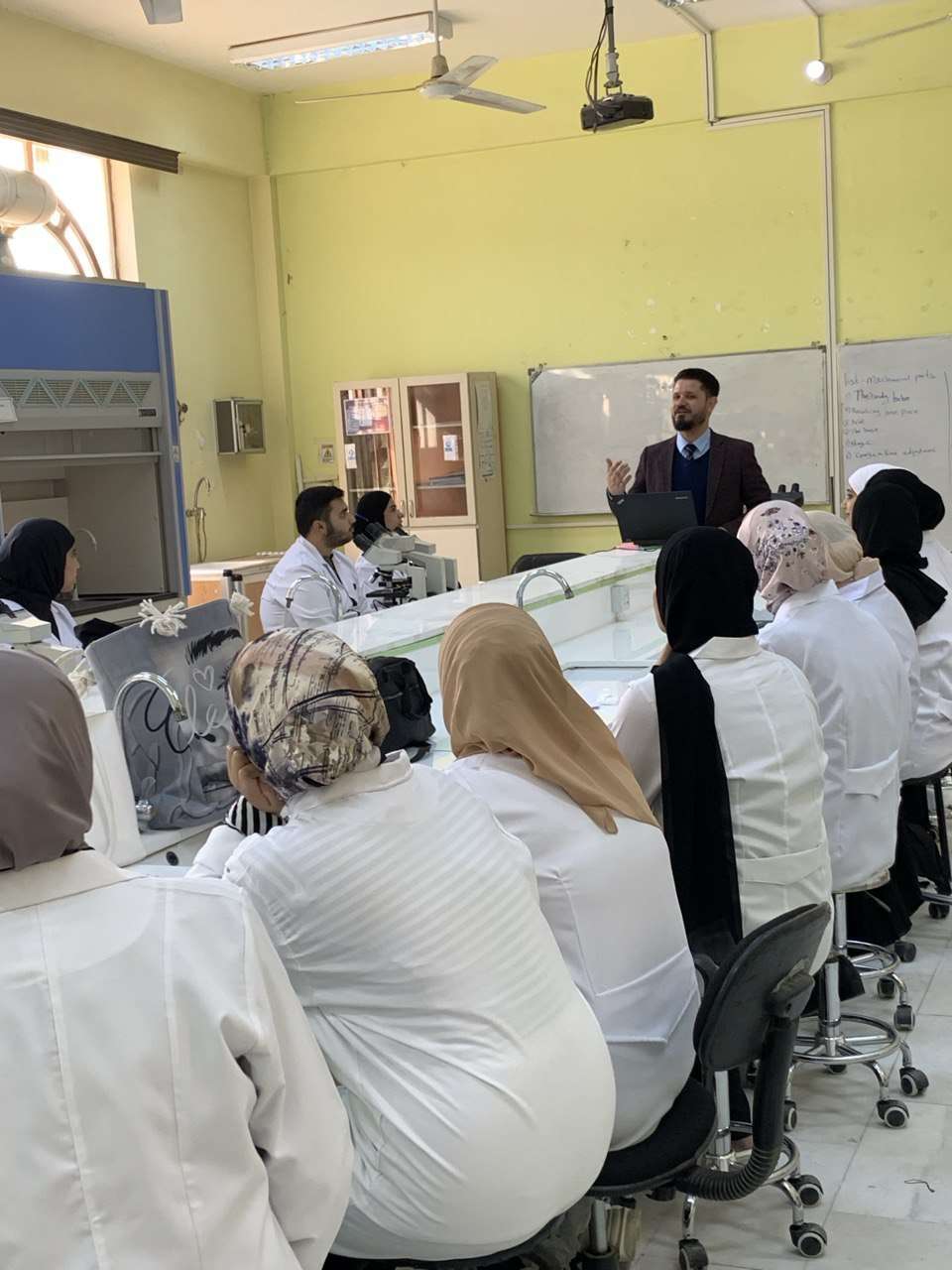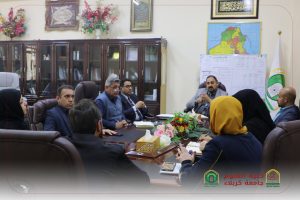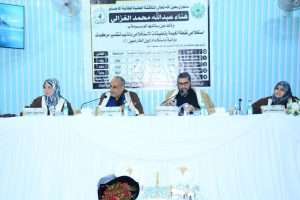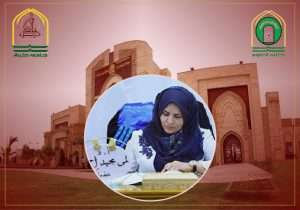The College of Science at the University of Karbala, in the Department of Biology, organized a scientific training course titled “The Role of Algae and Cyanobacteria in Agricultural System Sustainability.”
The course aimed to shed light on the most important scientific and practical applications of algae in sustaining agricultural systems.
The course explained the potential benefits of utilizing the diverse characteristics of various types of algae in sustainable and organic agriculture. These include their use as biofertilizers and soil stabilizers. Notably, using algae, particularly seaweed, as biofertilizers reduces the loss of nitrogen and phosphorus through water runoff compared to using animal fertilizers, such as livestock manure.
The course also addressed the role of cyanobacteria in soil fertility and reclamation, highlighting some of their beneficial properties and positive effects. These include their impact on the plant/soil system, such as:
Releasing organic acids that enhance phosphorus availability and absorption.
Providing nitrogen through nitrogen fixation.
Increasing organic matter content in the soil.
Producing and releasing extracellular biologically active substances that can positively influence plant growth and development.






























































